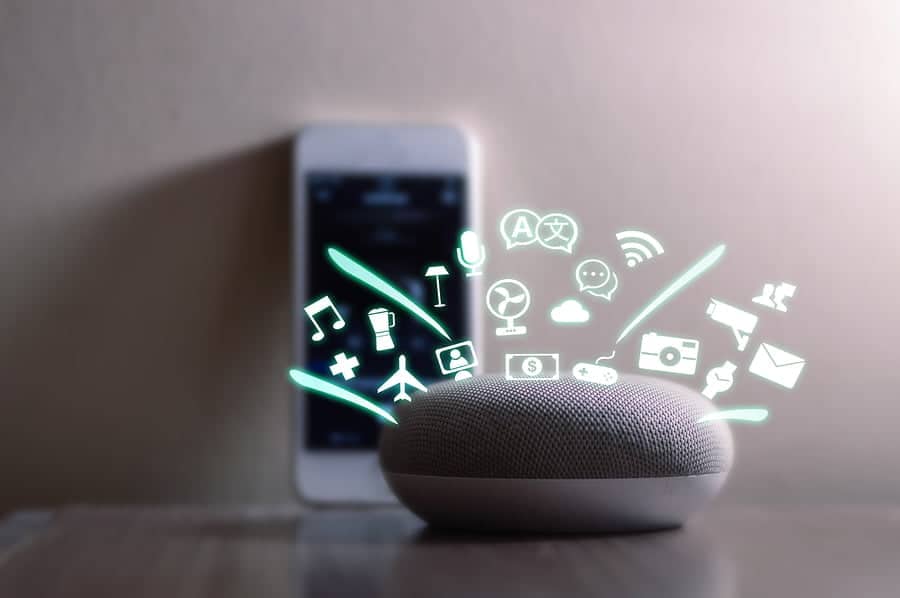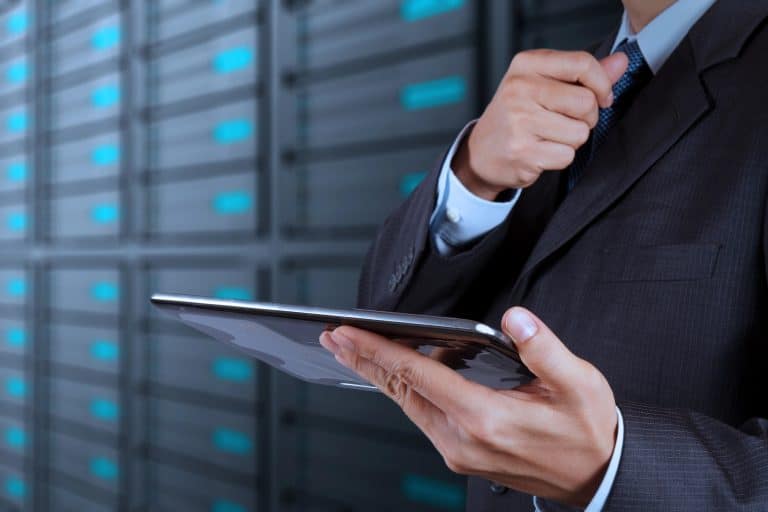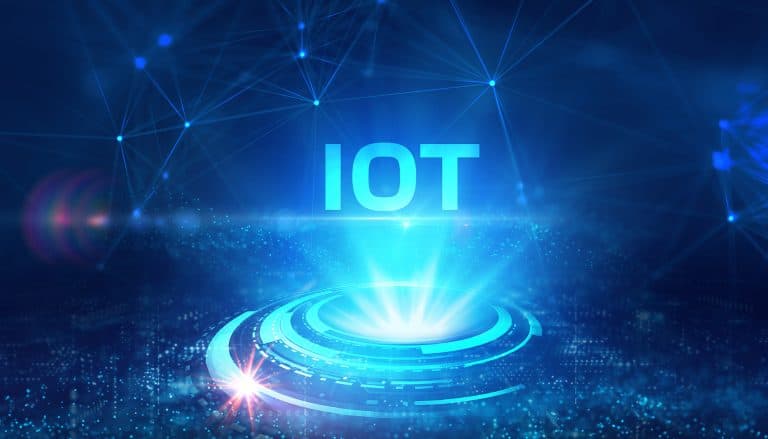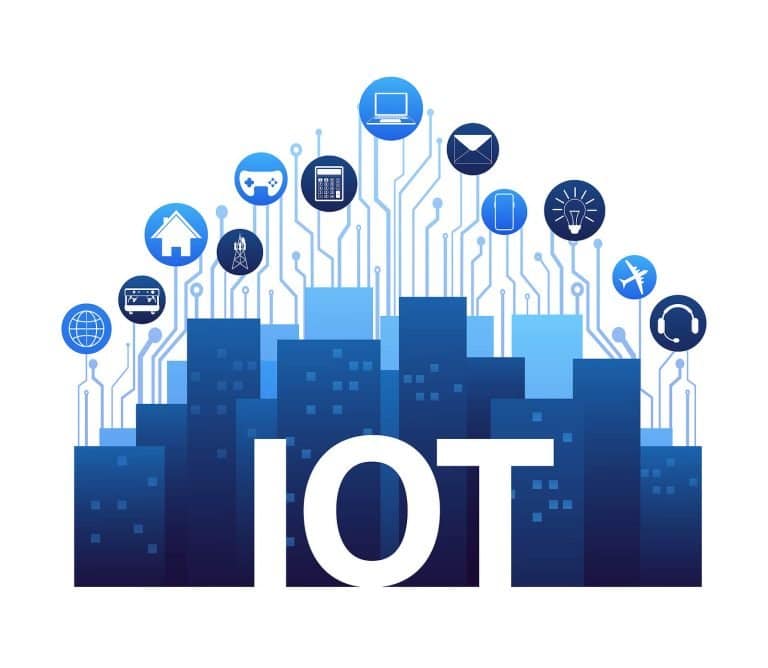While the Internet of Things is rapidly taking off around the world, it’s important to remember one thing that’s essential to the existence of this technology, and how without it, the whole system could come crashing down. I am, of course, talking about data.
Table of Contents
ToggleBy 2020, there are estimated to be over 26 billion IoT units active in the world, each one requiring a data connection to operate and connect with other devices. However, this is a boatload of data, so as the use of IoT increases, how is this affecting data centers around the world?
Let’s find out.
Data Storage Increases
Data storage is a very important consideration. A ton of new data is being created and will need to be stored. For example, all the data from people creating new accounts, their personal and financial information, and usage data all need to be stored and encrypted.

What’s more, software like Google Now will automatically, by default, store data like all voice searches and search history information, so the more someone uses a device, the more data is created, and the more space is needed, especially when you times an individual’s data creation rate by 26 billion.
Security Improvements & Issues
As I mentioned above, with so much new data, and so much of it being personal, it’s clear that data centers need to do more to encrypt the data they’re sending and receiving, as well as securing the data they’re storing. With multiple devices being used in most cases, security is of the utmost importance.
As more IoT devices evolve, criminals or internet users with malicious intent will also try new hacking approaches and will learn to crack these devices. Security measures are an on-going and ever-raging battle.
Connection Technology
With such a huge rise in data consumption and traffic, the connections from devices to data centers will need to be improved drastically. Currently, data traffic is like water through a pipe, each drop representing a bit of data. When the pipe is full, that’s it – there is no more room!
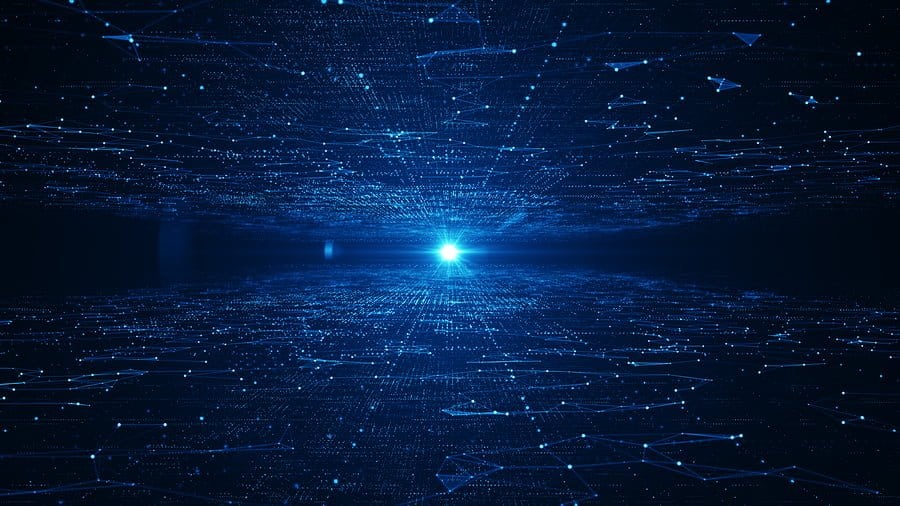
You can either add new pipes, make the old pipes wider, or make the old pipes process faster. Whatever approach is taken, will require an investment.
Building in New Locations
With more houses being built than ever before, and more IoT devices being implemented, data centers will need to take a proactive approach as to whether they will improve on their existing centers, or will take the plunge and build new data centers in new, highly targeted, and well-thought-out locations.
Being Environmentally Sustainable
There is an ever-growing concern about businesses becoming green and sustainable, not harming the planet any further. Data centers use a lot of power and can have a huge carbon footprint. With the introduction of more IoT devices, this is only going to get worse.
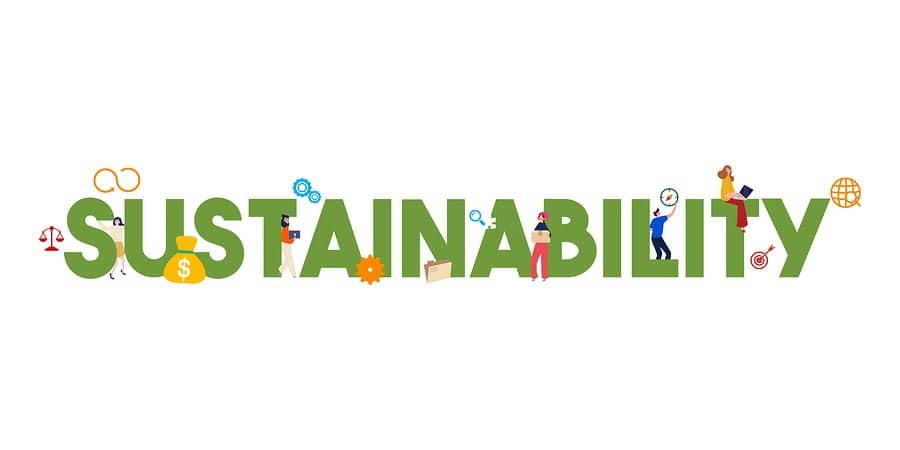
Fortunately, there are already technologies to lessen the effects. This includes things like AI-powered smart initiatives to control and manage data centers, underwater centers, and better equipment and hardware.
Making Data Centers Profitable
With all the improvements, investments, and adjustments that need to be made to data centers around the world, one of the key considerations for operators and businesses is how cost-effective these changes are. Will it pay to make one large investment, or should the costs be split out over time?
Of course, the infrastructure is necessary for the industry to grow, and a failed or unusable IoT product is only going to hold the niche back, so it is a fine line they are walking between being profitable and suitably funded. This will require a lot of planning and organization.
Summary:
IoT Impact on Data Centers
By 2020, there are estimated to be over 26 billion IoT units active in the world, each one requiring a data connection to operate and connect with other devices. However, this is a boatload of data, so as the use of IoT increases, how is this affecting data centers around the world? Data storage is a very important consideration. A ton of new data is being created and will need to be stored. Data centers need to do more to encrypt the data they’re sending and receiving, as well as securing the data they’re storing. With such a huge rise in data consumption and traffic, the connections from devices to data centers will need to be improved drastically. With more houses being built than ever before, and more IoT devices being implemented, data centers will need to take a proactive approach as to whether they will improve on their existing centers, or will take the plunge and build new data centers in new, highly targeted, and well-thought-out locations.

